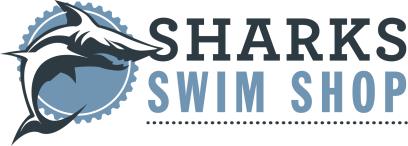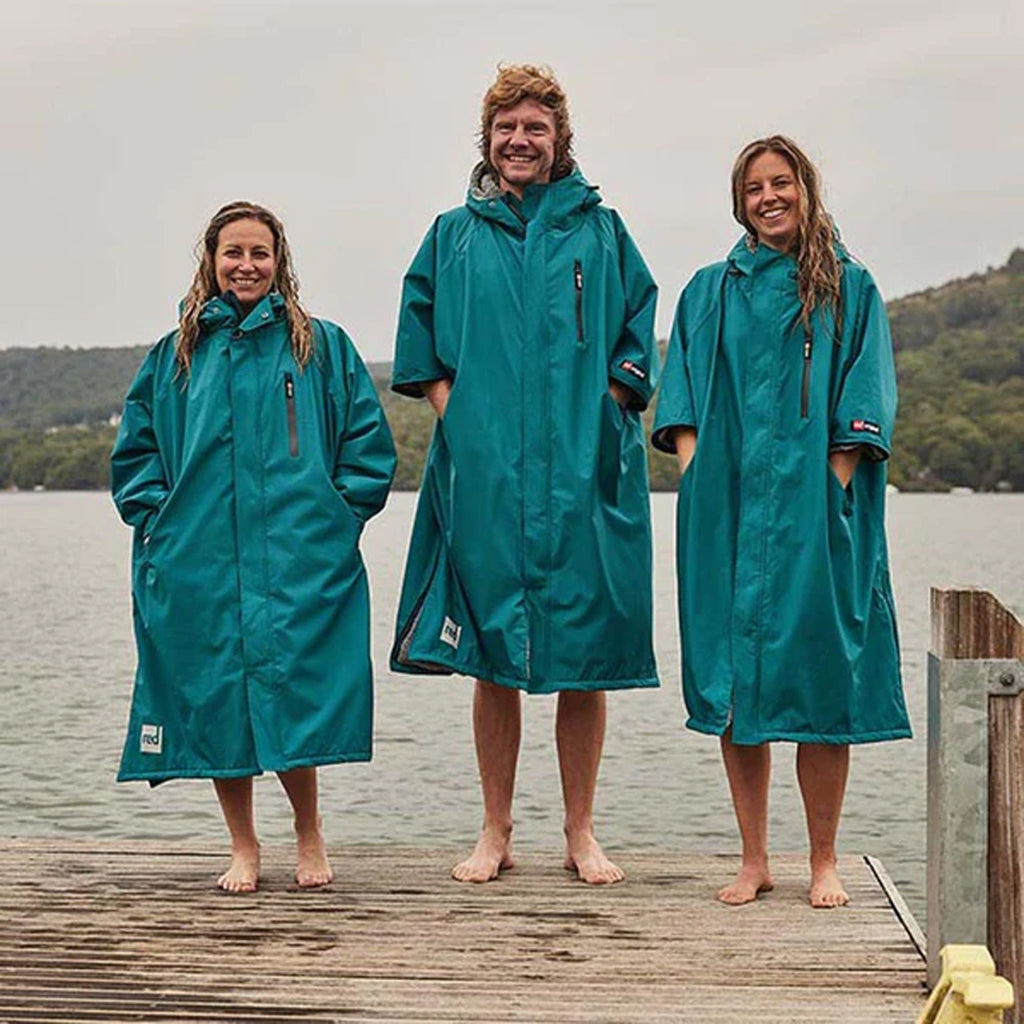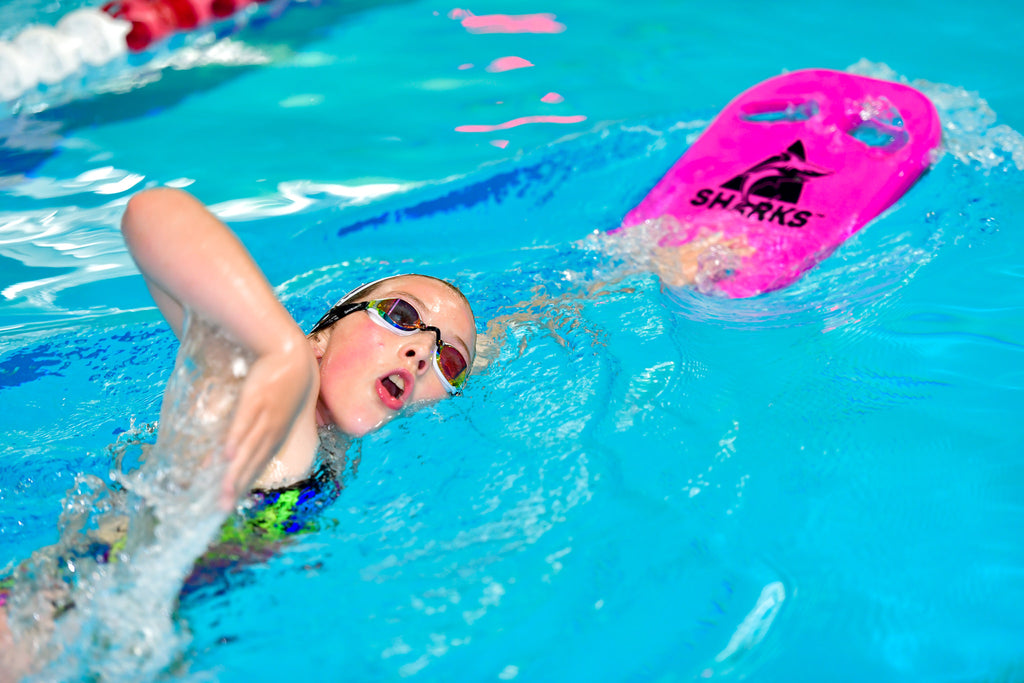The importance of diet when endurance training
The energy needs of athletes training for endurance sports such as a triathlon or Iron man competition will vary greatly depending on an individual’s size, gender and their fitness and training regime. As a result, athletes need to ensure that their daily diet has the most appropriate mix of carbohydrates, fat and protein to ensure they are getting the correct food intake for maximum energy.
Carbohydrate Rich Diet
Carbohydrates are critical for an endurance athlete as those who have a carbohydrate-rich diet will develop greater muscle glycogen stores to draw on during training and racing. Endurance athletes should also take in carbohydrates as well as protein immediately after exercise because they boost insulin levels. The extra insulin actually helps your body to use the amino acids more efficiently so you rebuild and repair your muscles more quickly.
What’s more, if you eat carbohydrates after a carbohydrate-depleting workout (like a half marathon or three-hour bike ride) you’re less likely to “cheat” on carbohydrates later. Immediately after a workout, your body is fairly bulletproof to fat formation, meaning that a post-training chocolate bar is far more likely to get stored as muscle energy compared to one you might eat when sitting down and watching tv.
Competitors in these endurance sports should also load up on carbohydrate rich foods for three days before long events and races and they should also consume sports drinks and other carbohydrate rich foods during the competition.
Importance of Protein for Endurance Athletes
Endurance athletes also need to include high levels of protein within their diet as well as carbs.
Professional endurance athletes need considerable amounts of protein, far above the normal recommended daily allotment because maintenance, repair, and growth of lean muscle mass all depend on protein.
A lack of protein in an athlete’s diet will cancel the beneficial effects of your workouts. Instead, you will become susceptible to fatigue, lethargy, anaemia and possibly even more severe disorders. Athletes who over train can often have a protein deficiency.
The goal of endurance training isn’t to build bigger muscles but this level of training leas to an increase in mitochondrial protein, which produces better muscles—that is, muscles that are better at producing energy and are more resistant to fatigue.
Protein, when combined with carbs in a post-workout meal, also increases the rate at which your muscles restore glycogen to pre-workout levels.
What to eat before an endurance competition
If you have an endurance coming up, you need to plan what you are going to eat beforehand as proper nutrition will keep you going throughout the competition.
The first and most important thing to remember in designing a pre-event meal is to stick with foods that your body is familiar with. The day of the big competition is not the time to start experimenting with new meals.
The main reason for eating well before an event is to prevent hypoglycemia (low blood sugar) and its symptoms such as dizziness, nausea, fatigue, muscle weakness, blurred vision and indecisiveness.
It’s also important when it comes to settling the stomach by absorbing gastric juices and preventing the distraction of hunger as well as topping off your muscle glycogen stores for maximal energy, and to give the peace of mind that comes with knowing your body is well fuelled.
Some guidelines include:
- Eating adequate high carbohydrate meals every day to keep glycogen stores full and make the most of your training sessions.
- Allow at least 3-4 hours digestion time for a large meal, 2-3 for a smaller meal, 1-2 for blended or liquid meals and less than one 1 hour for a small snack. If you are participating in very intense exercise, you may want to allow a little extra time.
- If you eat less than 1 hour before the event, be sure to snack on any "tried and true" low fat, high carbohydrate snacks.
- Limit high fat proteins such as cheese and peanut butter as they take a long time to empty from the stomach and will slow you down.
- Go easy on high sugar foods to avoid a "sugar crash" that can occur when your blood sugar rapidly rises and then falls again.
- Drink extra water the day before, have 2-3 glasses before bed and 1-3 glasses 5-10 minutes before the event and remember to re-hydrate after the event! You should replace every pound of weight lost with at least 2 cups of water, or 3 cups if you have another event on the same day.
- Sports drinks are recommended for events lasting longer than one hour to replenish electrolytes lost through sweating and give your muscles the carbohydrates they need to keep working hard.
Sharks Swim and Tri Shop
Sharks Swim and Tri Shop not only sell a range of nutritional products that can help with your training and pre-event intake, but the team can also give you advice and guidance on training and performance. For more information, call us today on the number below:








